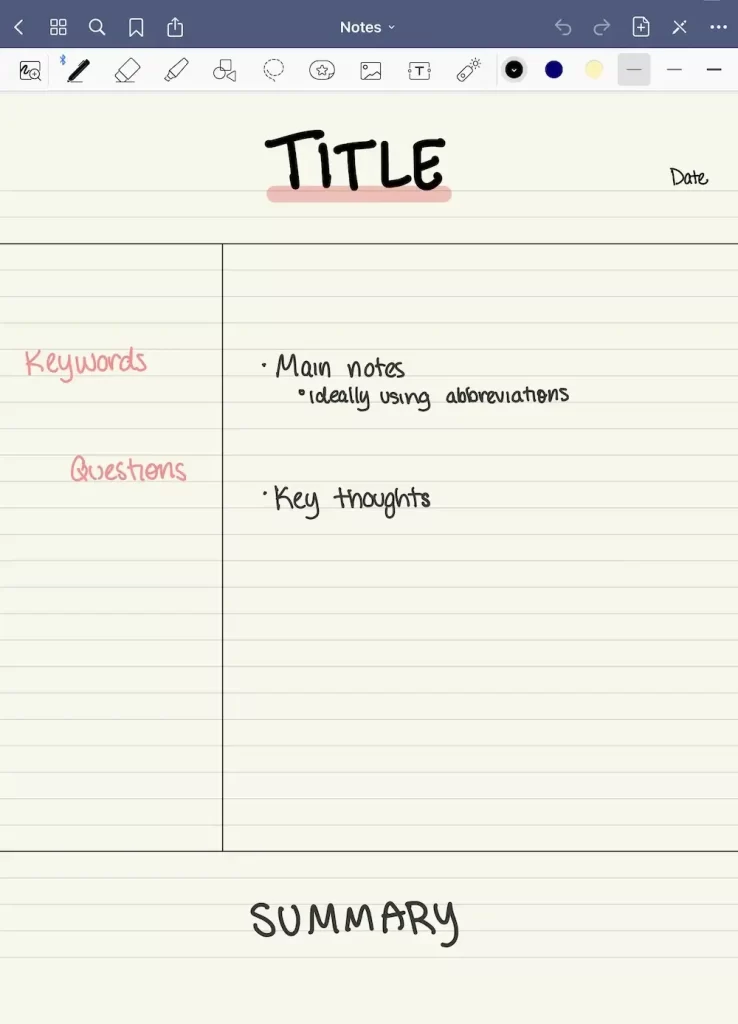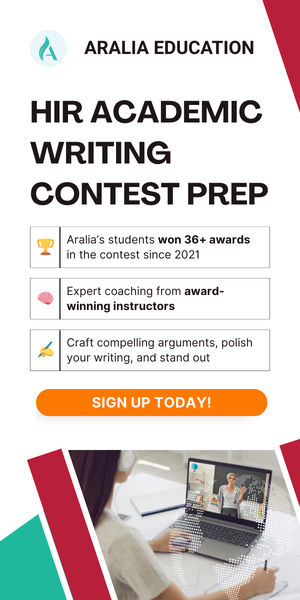For those who don’t know, middle school and high school are collectively referred to as secondary school, with middle school teaching students from grades 6 through 8, and high school teaching students from grades 9 to 12. However, student placement may vary depending on the particular school system, or if a student is transferring.
GPA and attendance are the indicators to succeed in middle school
The importance of middle school grades depends a lot on where students want to go for high school. If a student decides to go to a public high school, grades won’t be significant in the evaluation process. However, if they wish to attend a private high school, the admission requirements are much more competitive and demanding than usual, especially for international students. Let’s look at one example: Groton School, a high-ranking, prestigious boarding high school in the U.S.
To succeed in middle school, students must maintain high grades and actively engage in extracurricular activities, build strong relationships with teachers for recommendation letters, and prepare rigorously for standardized tests. In addition to providing the candidate’s profile, which includes their transcript, resume, and recommendation letters, students must also send their scores for various standardized tests: ISEE, SSAT, PSAT, SAT, and ACT. International students must also submit English Proficiency Tests, such as TOEFL and IELTS. The acceptance rate for Groton School is highly competitive; in 2018-2019, only 12.6 percent of applicants were admitted—meaning that 145 received a “yes” out of 1,206 applications.
According to the research paper “Ensuring Successful Student Transitions from the Middle Grades to High School,” there are predictors during the middle school of a student’s successes and failures in high school:
Predictors of failure in high school:
- Each course that failed in 8th grade increases the odds of non-promotion from 9th to 10th grade by 16%.
- Students who are 15 years or older when they enter high school are at a greater risk of non-promotion, even controlling for previous academic achievement and attendance.
- Although 8th-grade test scores are good predictors of students’ likelihood to do well in high school courses, course attendance is eight times more predictive of course failure in the first year.
Predictors of success in high school:
- Each additional percentage point increase in attendance decreases the odds of repeating 9th grade by 5%.
- Higher-achieving students are considerably less likely to experience non-promotion in 9th grade.
- The higher the number of credits a student attempts in 9th grade, the lower the odds of not being promoted to 10th grade.
- Students attend class more often when they have strong relationships with their teachers and see the school and their coursework as relevant and important to their future.
Overall, the research mentioned that for students to be successful in high school, they need to perform well in middle school by attending classes, attempting harder classes, and developing relationships with teachers. Those elements make middle school students more likely to succeed academically when transitioning to high school.
Even though many parents argue that grades should not be the primary measure in evaluating students’ ability to understand and learn, the best predictor of passing classes and achieving high grades in high school comes from grades and attendance rather than test scores or background characteristics. Succeeding in middle school, as evidenced by a strong GPA and consistent attendance, lays a solid foundation for future academic success. If a student did not have outstanding scores during middle school, they won’t necessarily have poor performance in high school; however, there is a correlation between poor performance in high school and students who were chronically absent or received Fs in their middle-grade courses. Putting an emphasis on improving any low scores during middle grades will pay off in high school because it sets students up to have high expectations for themselves, as well as developing foundational strategies and a positive attitude toward academics and high school learning. And, with a great head start towards achieving excellent scores in high school, students will be set up to have more access and choices when it comes to college applications. To read more about this research conducted by the University of Chicago, please refer to this site.
If you are falling behind in middle school classes
If you are currently in middle school and realize that you are falling behind compared to your peers, it’s fantastic that you are aware and are motivated to improve your performance!
Below, we will go over some specific ways you can develop better studying habits, and apply those habits while reviewing for exams. These study tips will be helpful during middle school, but they will also be highly effective during high school and college!
Time management
There are only 24 hours each day, and everyone has 12-15 hours occupied with classes and sleeping. In the remaining 9-12 hours, it’s crucial to find a good balance while juggling between doing homework, participating in extracurricular activities, and personal free time. The biggest issue we usually see for middle school students is procrastination because of distractions like their phones, or because they aren’t sure what they should be doing. Therefore, we suggest students use a daily planner to plan what they want to do each day and week. A daily planner can be physical or digital, whatever’s easiest for you to use. It can be easy for us to plan an ideal schedule, but then not follow through; therefore, remember to manage your time wisely and intentionally take time to relax.
Develop good study habits
Some examples of good study habits include:
- Take good notes during classes, applying appropriate methods like the Cornell note-taking method
- Always prepare questions before class and be attentive during class time – “The only dumb question is the one you don’t ask.”
- Review notes after each class and organize them, rather than just cramming right before test time
Developing a good study routine is the best way to set oneself up for success, as this will help you better understand what you learned in class, and also show you what things you’re confused about so that you know what questions to ask your teachers. We briefly mentioned the Cornell note-taking method, which was developed by Professor Walter Pauk of Cornell University in the 1950s. This technique focuses on writing short sentences as a summary and also noting down questions related to that point. This way of note-taking is beneficial for classroom engagement and test review, as it can be challenging to write down everything the teacher says during class, but this method gives you an organized way to highlight the key points of a lecture while still actively participating in class. Note-taking is a general approach to memorizing information. Students can attach images to their notes to aid their memory if they are visual learners, or even re-write them as a review to ensure they have understood everything the teacher mentioned.

Be proactive
Being proactive means taking control of your actions and actively pursuing your goals. If you plan to become a biologist in the future, the actions you take in middle school and high school will affect your chances of standing out in the application process, and getting admitted to your dream school. Thus, by having a proactive mindset even during middle school, you can lay the groundwork to succeed in middle school and high school, making the right connections that will help you achieve your goals, and create the perfect academic routine that will support your success throughout the entirety of your academic and professional journey!
Middle school education plays an essential role in building a student’s foundational knowledge to prepare them for high school and college education. Good academic habits in middle school will contribute to a beneficial routine during a student’s high school education and prepare them for the more challenging learning environment in the future. Furthermore, by following effective study tips like time management and developing good study habits, students can maximize their potential in middle school and excel in their high school academic journey. Finally, being proactive is the key to success, so students should never be afraid to pursue their goals and take actions that will help them stand out from the crowd.
Aralia Education Programs
If you are looking to jumpstart your academic journey and standout in college applications, join Aralia’s small groups and personalized 1-on-1 classes led by renowned high school teachers and university professors from prestigious American institutions. Through Aralia Education, students will build a strong foundation in traditional academic courses, stand out as accomplished and ambitious individuals in college applications, and be well-equipped to excel in any standardized tests.
Check out our upcoming classes.










